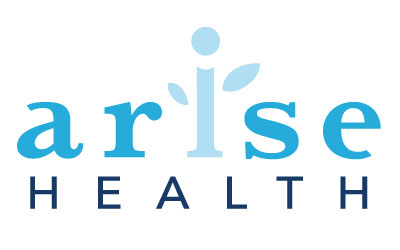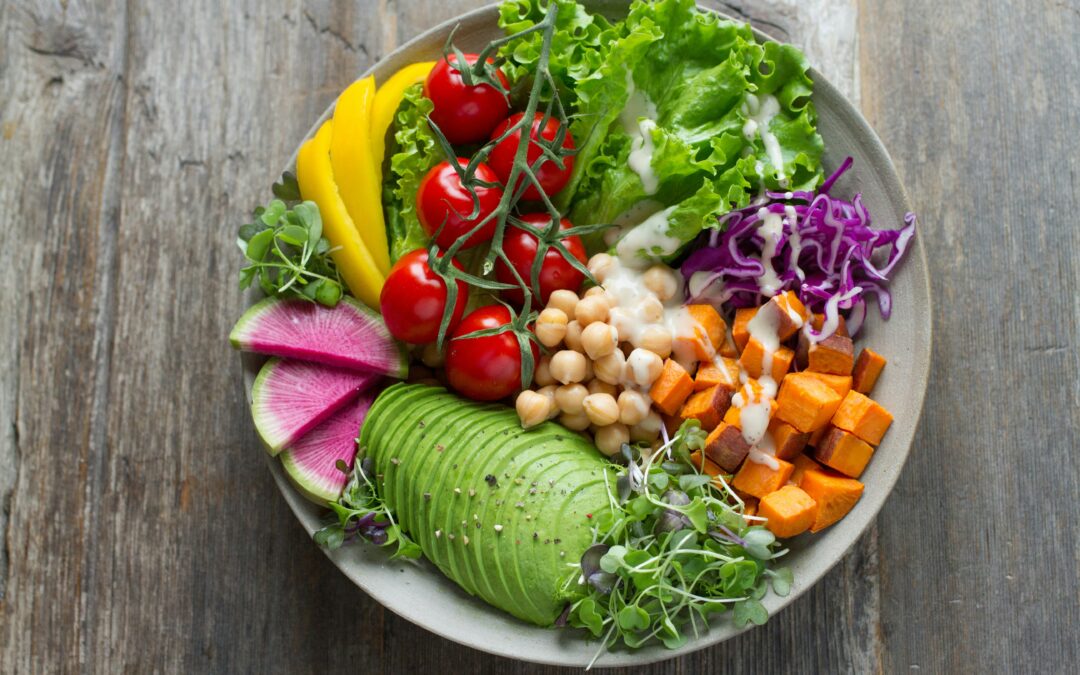by Dr Lydia Altini – Health Coach
- Probiotics are microbes with beneficial qualities. Make sure the strain is indicated for the complaint. This allows the individual strain to have a more targeted effect. Practitioner grade probiotics are recommended as they are strain specific and contain the therapeutic dose of bacteria required.
- Prebiotics are just as important as probiotics – prebiotics act as the ‘food’ for gut bacteria. Most soluble fibre is prebiotic. To be classified as a prebiotic, the fibre must pass through the gastrointestinal tract undigested and stimulate the growth and/or activity of beneficial bacteria in the large intestine. Resistant starch is technically not a fibre but it behaves in a very similar way to soluble fibre. It is fermented in the colon by microbes and is considered a prebiotic. Prebiotic-rich foods include oats, rice & potato (especially when cooled after cooking), unripe bananas, stewed apples, garlic, onion, leeks, Jerusalem artichoke amongst others.
- Postbiotics are healthy compounds produced by gut microbes e.g. short chain fatty acids
Types of fibre:
Broadly fibre has been divided into two basic categories: soluble and insoluble. Insoluble fibre is often called roughage. Most plants contain some mix of both. If we consume a mix of plants, we will consume a mix of fibres and get the benefits of all of them. .
Top Nutrition Tips:
1) Keep it simple – Prioritise a high variety of plant-based foods
2) Top nutritional gut-health boosters – fibre (soluble & insoluble) & fermented foods 3) Cooking methods – pre-cook starchy foods, stew fruit (pears, apples, dates etc.), ‘pre digest’ foods where possible, and cook with bone broth where possible (e.g. rice, pasta, poaching chicken etc.).

